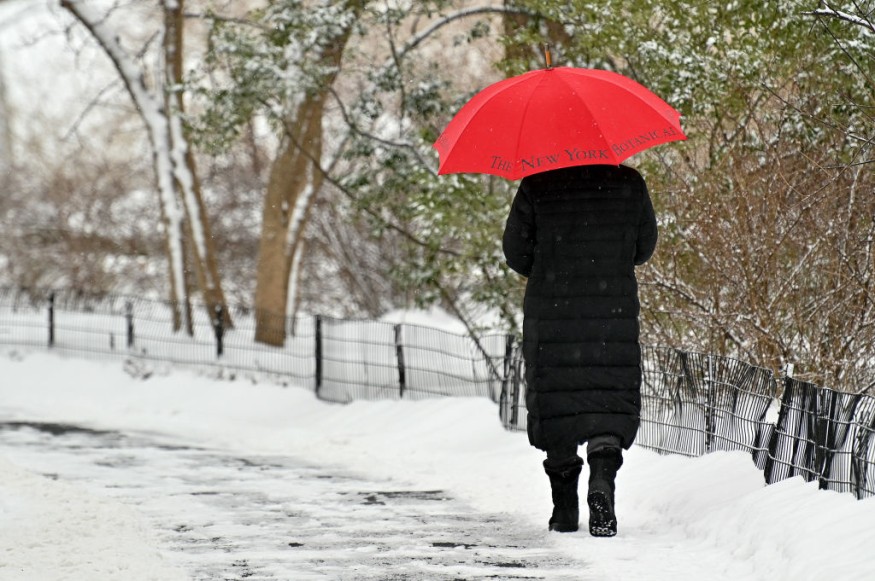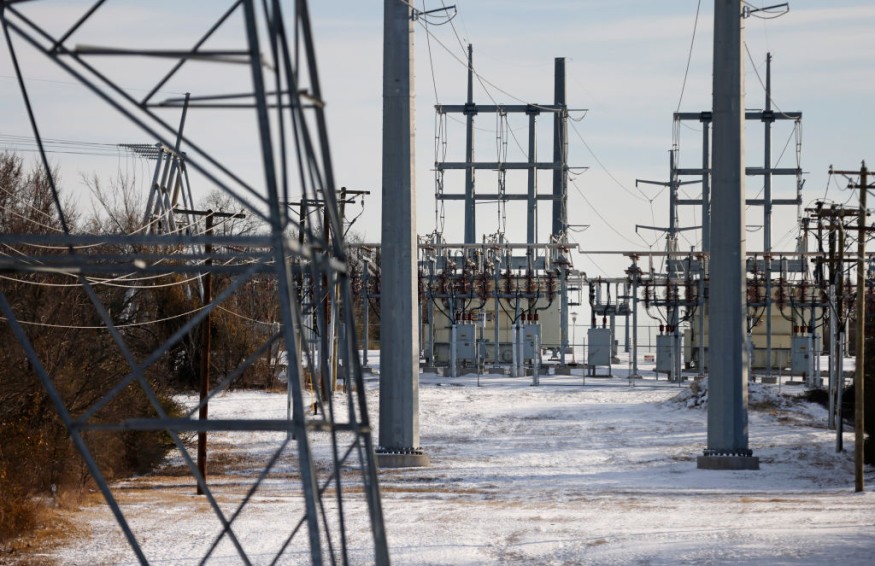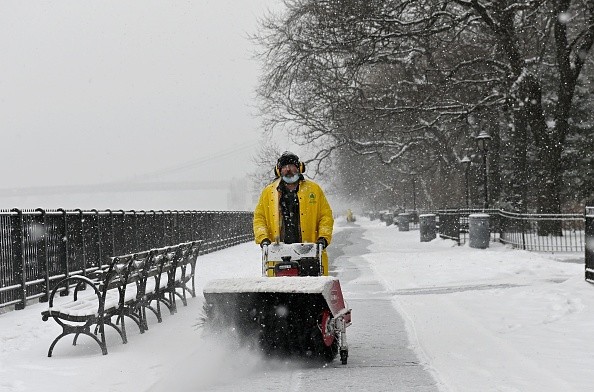A strange feeling seeps into climate scientist Kai Kornhuber's body as he wanders around New York City this winter. In December, it's warm enough for a T-shirt, and the birds are singing noisily.

According to Kornhuber, a postdoctoral researcher at Columbia University's Earth Institute, the temperatures signal birds and trees that it's time to act. Still, the systems are out of sync for December.
"It's not right," Kornhuber said, "there's a gap between how it should be and how it is."
Warmer Winters vs Scorching Summers
Warmer winters are becoming more common worldwide, and they have a considerable impact: February 2021 was the planet's 16th hottest since records started.
While scorching summers and attendant droughts, wildfires, hurricanes, and heat waves are often associated with the climate crisis, milder winters may also be drivers of catastrophic weather events and significant changes. They can vary from changes in agricultural usage to shifting weather patterns and increasing the chance of severe occurrences such as the swarm of tornadoes that wreaked devastation in the American Midwest and South last weekend.
"One of the truisms in climate science is that cold locations and cold times of year warm quicker than warm places and warmer times of the year," says Daniel Swain, a UCLA climate scientist who studies how extreme occurrences are altering as the planet warms. "Not only is the actual pace of warming quicker in colder seasons and areas - such as the Arctic, which is warming three times faster than other regions - but many of the consequences of warming are accentuated as well."
Swain refers to one particular temperature threshold where a single degree difference determines whether precipitation falls as liquid rain or frozen snow. And in the west of America, where a massive snow drought lasted until just a few days ago, this has had major consequences.
"There remained a wildfire risk up until last week, even at elevations of 8-9,000 feet," Swain said. "The absence of snowpack is directly responsible."
Related Article : Study Shows How Global Warming Creates More Powerful Winter Tornadoes
Snow

When precipitation falls as snow, it stays around longer, producing runoff moisture for the spring season - it's known as the "bank of future water" for moisture-strapped areas. When it rains, though, it soon flows off. "Winter warming impacts the frozenness - or lack thereof - of objects, which is biologically significant for snowpack accumulation and water availability," Swain argues.
Warm Winters
Warm periods in the winter can lead to severe heat waves in the summer. Unseasonal temperatures can cause early snow melt and vegetation growth, lowering soil moisture and increasing the risk of intense and long-lasting heat waves throughout the summer, according to Kornhuber. He cites a series of events that culminated in a Siberian heatwave in 2020, accompanied by wildfires that lasted the entire summer and resulted in record-breaking carbon emissions.
Late-winter temperatures in February and March drained moisture from the soils when the plant was also absorbing it - and dry soils can contribute to summer heat waves, according to Kornhuber. "One of the most critical elements of mega heatwaves is low soil moisture."
According to Chiara Lepore, an associate research scientist at Columbia University's Lamont Doherty Earth Observatory, climate model forecasts for the United States show that the chance of circumstances favorable to violent storms will grow as the world warms.
Last month, Lepore presented data forecasting a 14-25% rise in severe storms for every 1°C increase in global temperature in the future.
"Warming temperatures and increasing moisture, which are some of the major ingredients in storm updrafts, are the main driving mechanisms," she says, adding that the number represents the increasing frequency of conditions conducive to severe weather occurrence rather than actual storms and that only some of these storms will produce tornadoes. "There is still a lot of uncertainty."
Climate Crisis

According to Swain, the climate crisis evidence for tornadoes is less than for other large storms, although this is primarily due to a lack of research. "With further warming, there will be more vertical instability, which will lead to an increase in tornado-producing settings," he adds. "Climate change will increase the chance of severe convective weather," says the author.
Warmer winters may influence agriculture, as some crops require a certain number of frost hours to thrive. By 2100, the cold temperatures that many orchard crops require might be reduced by as much as 60% in California's Central Valley. According to researchers, apples, cherries, and pears, which need the coldest conditions, may be the worst damaged.
Crops can also be harmed by late-winter heat if they get the biological signal to thrive, only to be killed by frost shortly after blossoming. "It only goes to illustrate that little quantities of global warming may have tremendous consequences in specific regions and at certain times of the year," Swain adds.
Bizarre Climate Occurrences
There's even evidence that climate change is to blame for unusual events like the deep arctic frost that hit Texas last February, killing hundreds of people and costing billions of dollars in damage. A feeble polar vortex split, dumping a large amount of cold air on the southern United States - and the vortex is more unstable than it has been in the past.
Winter warming, according to Kornhuber, is just another way of stating that the summer season is becoming increasingly longer, while the spring and autumn transitions are squeezing out what we used to think of as winter. "As temperatures rise, mild temperate zones will no longer experience winter in a sense we know it."
For more news about the environment , don't forget to follow Nature World News!
© 2026 NatureWorldNews.com All rights reserved. Do not reproduce without permission.





